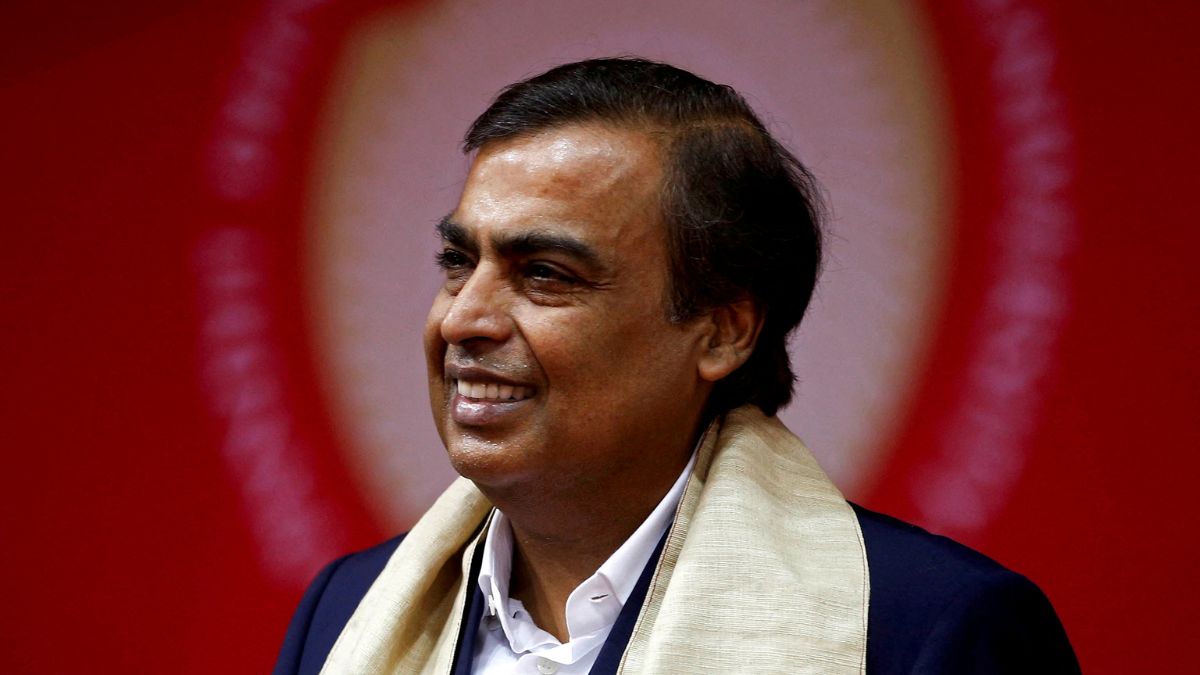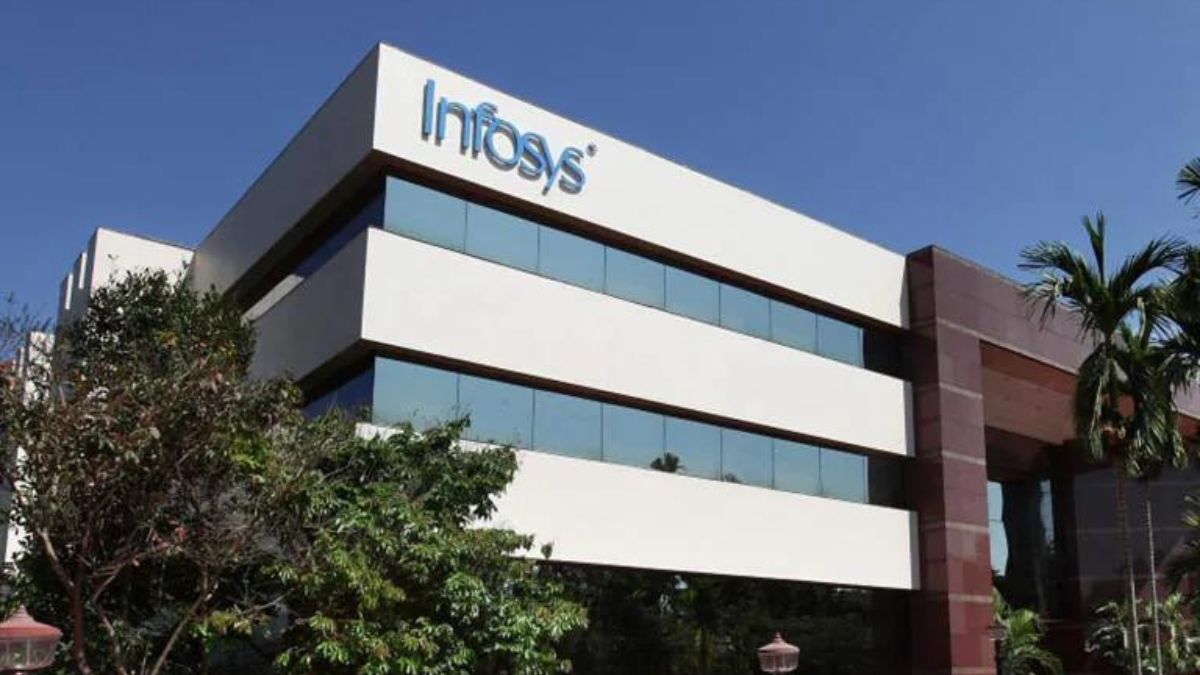A merger of Coach parent Tapestry and Michael Kors owner Capri would make the group the second-largest personal luxury goods company in the US in sales, behind Louis Vuitton Moët Hennessy. However, the American federal trade commission is moving against the acquisition. Here’s why
)
Tapestry Inc. is looking at a $8.5 billion takeover of rival Capri Holdings Ltd. Image used for representational purposes/Reuters
The US Federal Trade Commission’s (FTC) move to oppose Coach owner Tapestry Inc.’s $8.5 billion acquisition of Michael Kors parent Capri Holdings Ltd. marks a significant development in the realm of antitrust enforcement within the fashion accessories sector under the Biden administration.
According to Bloomberg, this is the FTC’s first lawsuit in the fashion accessories sector.
Monday’s US federal court filing by the FTC challenges the proposed deal that would have one company controlling all six fashion brands: Tapestry’s Coach, Kate Spade and Stuart Weitzman & Capri’s Michael Kors, Versace and Jimmy Choo.
We explore the intricacies of the case, shedding light on the motivations behind the FTC’s decision and the implications for the involved parties.
What is FTC’s stance?
Antitrust enforcers have raised concerns about the potential ramifications of Tapestry’s takeover of Capri, particularly in terms of its impact on prices within the affordable luxury segment.
“With the goal to become a serial acquirer, Tapestry seeks to acquire Capri to further entrench its stronghold in the fashion industry,” Henry Liu, director of the FTC’s Bureau of Competition, said in a statement.
“This deal threatens to deprive consumers of the competition for affordable handbags, while hourly workers stand to lose the benefits of higher wages and more favorable workplace conditions,” added Liu.
The FTC also said that the tie-up, which would create a company with about 33,000 employees worldwide, could reduce wages and employee benefits.
“The proposed merger threatens to deprive millions of American consumers of the benefits of Tapestry and Capri’s head-to-head competition, which includes competition on price, discounts and promotions, innovation, design, marketing and advertising,” the FTC said.
After a unanimous decision to block the deal, the FTC filed complaints in both its in-house and federal courts.
How did the luxury giants react?
Tapestry’s CEO, Joanne Crevoiserat, contested the FTC’s assessment, asserting that the agency misunderstood the marketplace dynamics and consumer behavior. She refuted claims that the merger would harm workers, highlighting Tapestry’s commitment to offering competitive wages and benefits.
In an interview with Reuters, Crevoiserat said the company was “proud of the wages and benefits” it offers to employees and that the competition for talent goes beyond just the fashion industry.
“We see the FTC as fundamentally misunderstanding the marketplace and the way consumers shop today as well as the impact of this deal on employees and workers in our industry,” Crevoiserat said.
“We source talent and lose talent to a vast array of competitors,” she added.
Capri asserted that the government’s stance overlooks prevailing market realities, which indicate minimal impact on competition. The company pledged to vigorously defend the case in court alongside Tapestry, reaffirming its commitment to completing the acquisition despite regulatory hurdles.
“Capri Holdings strongly disagrees with the FTC’s decision,” the company said in a statement.
“The market realities, which the government’s challenge ignores, overwhelmingly demonstrate that this transaction will not limit, reduce, or constrain competition,” the statement added.
Why does Tapestry want to acquire Capri?
Crevoiserat spearheaded Tapestry’s acquisition of Capri last year, aiming to establish a US-based fashion conglomerate in the accessible luxury sector. The goal is to replicate the successful strategies of Coach to rejuvenate Michael Kors and enhance the combined company’s revenue and stock price, reported Bloomberg.
Tapestry aims to leverage Coach’s strong presence in China and Michael Kors’ foothold in Europe to expand both brands’ geographic reach.
The delay in the potential acquisition poses challenges for turning around Michael Kors, whose sales have been declining. Capri’s recent financial performance reflects this trend, with a 5.6% decrease in sales to $1.4 billion in the most recent quarter.
In contrast, Tapestry’s revenue experienced a nearly 3% increase to $2.1 billion during the same period. If the merger proceeds as planned, the combined Tapestry and Capri entity would emerge as the second-largest personal luxury goods company in the US, trailing only behind LVMH and surpassing competitors like Kering SA and Cie Financiere Richemont SA, according to Euromonitor data.
This would give the conglomerate a substantial share of approximately 10% of the US market for personal luxury goods, encompassing handbags, clothing, footwear, and jewelry.
Coach, initially founded as a family-run workshop in the 1940s, transitioned to a publicly traded company in 2000. Over the years, it expanded its portfolio through strategic acquisitions, including the Stuart Weitzman brand in 2015 and Kate Spade in 2017, which was subsequently rebranded as Tapestry.
The FTC alleged that Tapestry has a history of serial acquisitions, and internal documents provided indicate that it has “no plans to stop.”
“Our focus is this transaction,” Crevoiserat told Bloomberg. “I wouldn’t presume to say what I might do in the future.”
She reiterated the company’s commitment to finalising the deal within the calendar year and expressed confidence that divesting brands would not be necessary.
The proposed merger has drawn significant attention from investors and industry observers, prompting scrutiny of its potential implications for market competition and consumer welfare.

 4 months ago
16
4 months ago
16
)
)
)
)
)
)
)
)
)
)
)
)
)
)
)
)
)
)
)
)
)
)
)
 English (US) ·
English (US) ·